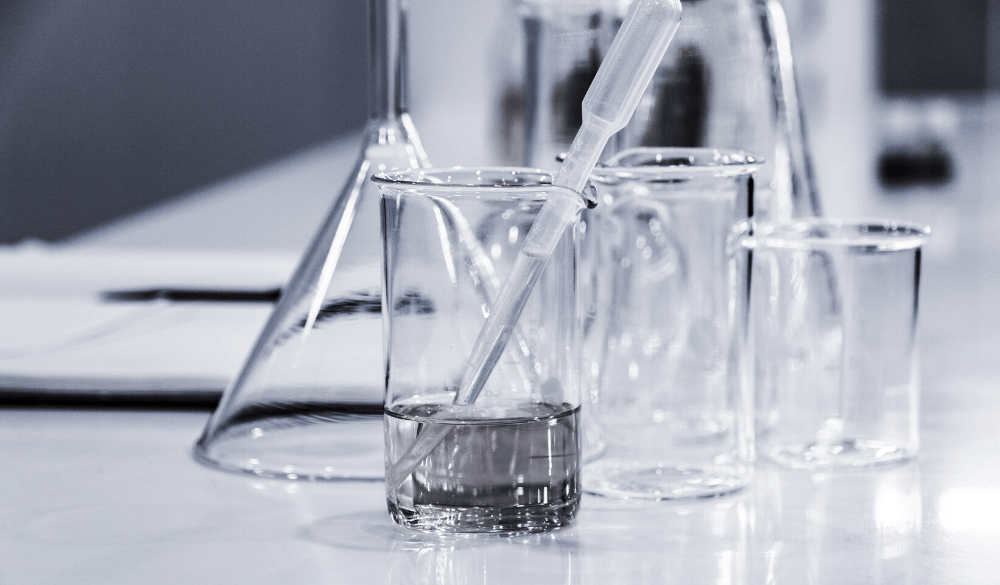Faith, Science, and Seeking Understanding
Written by Grace Richmond
I am a scientist. I am also a Christian. Many would say that this is not possible, from both sides of this coin. From people sitting in the pews, I have experienced quizzical looks and whispered comments questioning my ability to believe in God. From people in my classes, I experience shame, ridicule, and assumptions that I am less of a scientist because of my faith. For all accounts, my experiences have taught me that I am living in a world of limbo—not truly accepted by either community because of my allegiance to another. The general consensus I sense from both people of science and people of faith is that science and religion are completely incompatible. One can follow Jesus Christ or the scientific method. There is no overlap. There is only black and white.
However, I believe that this situation is grayer than at first glance. I have found the lines between religion and science to be quite fluid, representing a give and take. Religion that ignores science may be missing how God is working in the world. Science that ignores religion may be ignoring the beauty of the natural world and how all things work together in a way that man is capable of understanding. Indeed, science is truly a gift given to us by our Creator.
Louis Pasteur, the famous French microbiologist who helped prove germ theory and invented the rabies vaccine and one of my personal heroes, once said: “The more I study nature, the more I stand amazed at the work of the Creator.” This has been my experience throughout my academic life. Every day, I attend class and learn about the mechanisms that God used to make the world good. How elegant the design of an antibody, how clever the structure of DNA. Simply, how good it all is. I don’t believe that God snapped His fingers and the stars were placed in the sky. God used mechanisms that we can understand. And, truly, that is a gift to us. Our all-powerful God could have created the universe in a way that is completely beyond human comprehension. However, he didn’t. He set Himself some rules to follow through creation and the breath of life, so that we may seek to understand Him. In that way, we enter closer into relationship with God. This work of understanding life is an attempt to draw nearer to the God that made us, the God that looked at nature, and all its complex laws, and called it good.
Louis Pasteur continues his quote by saying: “I am engaged in prayer when I am in the laboratory.” Nothing could be truer to my experiences. I remember the first time I stepped into a professional science lab. I knew at that moment that I had reached what I was being called to do. Science is my vocation. God called me to engage in the work of questioning and finding answers. The lab is my chapel. In seeking to understand, I am honoring the Lord that made me and all of creation. Every cell in a culture of E. coli is holy to me because it contains God’s blessed breath of life. Each living cell, carrying out life-sustaining functions according to the laws that God created, is a love song to the Creator. The questions I ask in my research are as much a spiritual, prayerful pursuit as asking a theological question. God has called me to the vocation of a scientist. A question-asker. An answer-finder. I glorify God by revealing His divine presence in every living thing.
Science answers our call to help one another. Every medical procedure, every medication, every doctor has a background and is rooted in the scientific process. God works miracles through doctors and the tools they have to save lives. For me, I’d be a terrible doctor—I’ve got crummy people skills and shaky hands. But I can contribute to life-saving work by understanding how a virus causes infection. This knowledge allows us to design treatments. Through these treatments, God works modern-day miracles. This call to help each other is a foundation of our beliefs as Christians and through science, we can answer that call.
All in all, science can be a religious pursuit, bringing us closer to God, glorifying His work in the world, and allowing us to answer our call as disciples of Christ. Therefore, I argue that good science and good faith are not mutually exclusive. To the people that follow God, science can be a part of religious understanding. And it makes both religious communities and scientific minds better.

